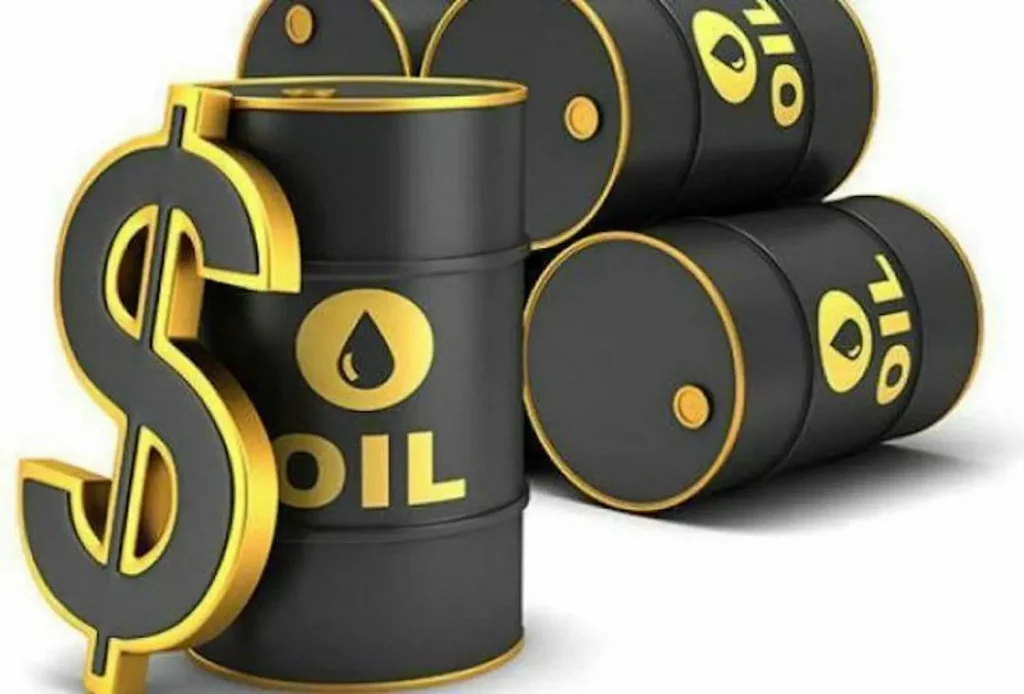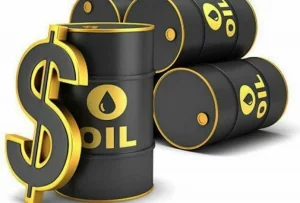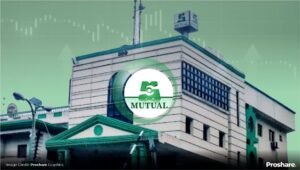
Investors around the world need to take seriously the recent surge in oil prices due to heightened tensions in the Middle East and North Africa, warns the Chief Executive Officer and founder of one of the world’s largest independent financial advisory and asset management organizations.
The warning from deVere Group’s Nigel Green comes as oil prices flirt with significant highs, approaching $79 a barrel for Brent crude, and hovering around $73 for West Texas Intermediate – and, as such, the implications for global investors are multifaceted and warrant a careful examination.
He comments: “The Middle East stands as a critical hub for global oil production, contributing approximately one-third of the world’s crude.
“Any disruptions in this region have a direct and immediate impact on the energy markets worldwide.
“The recent attacks in the Middle East, coupled with supply disruptions in Libya, have tightened the global oil supply, elevating concerns about potential shortages and increased volatility in energy prices.”
As oil prices climb, the ripple effects extend beyond the energy sector. Higher oil prices contribute to increased production costs across various industries, from manufacturing and transportation to agriculture.
“These cost pressures can lead to reduced profit margins for companies, potentially affecting their stock performance. Investors need to consider the broader economic implications of rising oil prices on the sectors represented in their portfolios,” notes Nigel Green.
Naturally, elevated oil prices are likely to contribute to inflationary pressures in economies heavily reliant on oil imports. As the costs of production and transportation rise, businesses may pass on these expenses to consumers, triggering inflation.
“Central banks, in response, might adjust monetary policies to control inflation, potentially impacting interest rates and bond yields.
“Investors holding fixed-income securities may see fluctuations in the value of their bond portfolios as interest rates respond to inflation concerns,” continues the deVere Group CEO.
Tensions in the Middle East introduce geopolitical risks that can significantly impact market sentiment. Investors often respond to geopolitical uncertainties by reassessing risk tolerance and adjusting asset allocations.
The deVere boss suggest that “safe-haven assets, such as gold and government bonds, could experience increased demand as investors seek refuge” from market volatility.
Currency fluctuations and emerging market vulnerabilities will also be in sharp focus. “Rising oil prices can contribute to currency fluctuations, particularly affecting economies heavily dependent on oil exports.
“For investors with exposure to emerging markets, currency devaluations may pose risks to their portfolios. Countries with large external debt denominated in foreign currencies may face challenges servicing their debt obligations, potentially impacting the performance of assets tied to these economies.”
Earlier this week, two of the world’s largest container ship operators extended diversions from the Red Sea following an attack on a vessel at the weekend that has been blamed for renewed oil price volatility.
Maersk suspended sailings near or via the Suez Canal after one of its giant carriers, the Maersk Hangzou, was targeted by Houthi militants – the latest in a string of attacks on shipping vessels since November. US military helicopters also sank three boats, killing 10 militants, after receiving a distress call in the early hours of New Year’s Eve.
In Libya this week, protests forced a shutdown of production at the 300,000 barrel per day (bpd) Sharara oilfield.
Nigel Green concludes: “Global investors need to take seriously the volatility in oil prices due to their direct influence on inflation, as rising oil prices can lead to increased production costs across various industries, affecting corporate profitability and economic growth.
“Additionally, oil price fluctuations can create market volatility, influencing the performance of energy-related stocks and sectors, making it crucial for investors to monitor and perhaps adjust their portfolios in response to these changes.”







